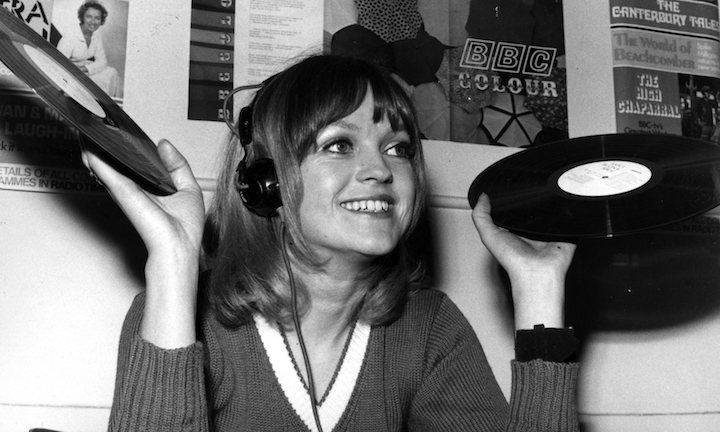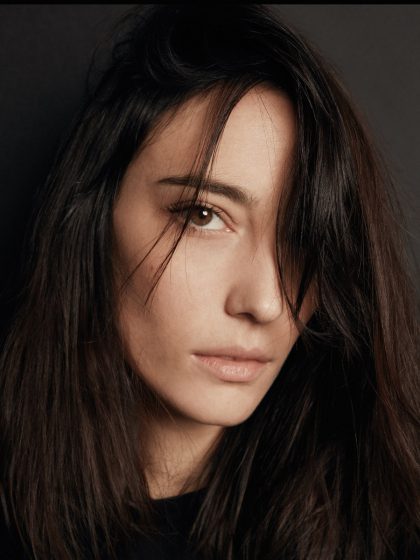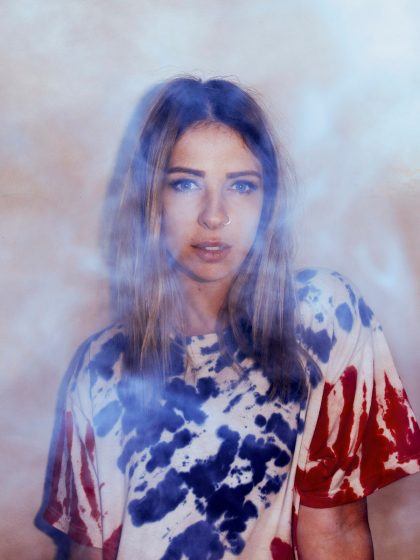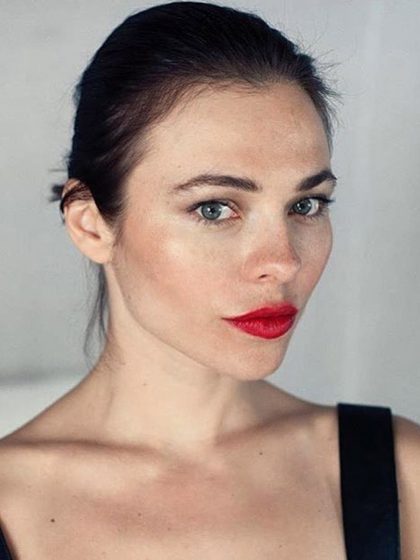Annie Nightingale Goes Harder Than You Do
In honor of Women’s History Month, we are throwing some shine on the most influential female industry figures who helped pioneer electronic and dance culture.

Annie Nightingale is radio royalty and a “musical magpie.” She’s almost 80 years old now, but that doesn’t disqualify her. If anything, she’s got more DJ experience than almost anyone on the planet. She’s as liable to play a bass track that could slice you into pieces as she is to tell you a story about palling around with the Rolling Stones in the ‘60s.
Annie was born Anne Avril Nightingale in 1940 as World War II encroached on the UK’s doorstep. She got her start as a print journalist in the ‘60s before eventually clawing her way onto television on music panel shows. This turned into work on the radio waves, where she became the UK’s first female DJ—and she really hasn’t stopped since.
She was there as rock swept the West. She was there to help usher in punk and new wave and was responsible for injecting the stodgy UK mainstream with a sense of iconoclasm, no matter the decade. In the ‘90s, after a mugging incident, she started wearing sunglasses that became her iconic accessory (you’d be hard-pressed to find her photographed or filmed without them since then).
Nightingale was an early adopter of techno and chill-out, as well as dubstep and trap in this century. She listens to music from around the world and has tuned her ear to identify what youth culture is excited about and what songs move a lot of people, especially in a party environment.
She was there to help usher in punk and new wave and was responsible for injecting the stodgy UK mainstream with a sense of iconoclasm, no matter the decade.
Radio—both terrestrial and web-based—is still a very relevant part of music culture in 2018, regardless of what’s happening with streaming. Many people still prefer radio, and it’s hard to blame them. In many ways, radio is as more important as ever because there’s so much music to trawl through now—and also because human-curated content will still give you programming that a streaming algorithm never will. Regardless of your thoughts on radio as a medium, check out some of Nightingale’s archives if you want to hear her selecting drum & bass, acid house, or anything in between.
But if you had time to listen to just one piece of media from Nightingale, you’d be best served checking out her three-disc Masterpiece collection from a few years back, which surveys 50-odd years of music she’s thoroughly rinsed and tells her story through the music she championed. You might recognize most of these tunes; she is a crowd-pleaser at heart, after all.
She has now more-or-less hung up her broadcasting spurs, save for the occasional special or anniversary one-off. But she’s still as vocal as ever. Last year, BBC’s Radio 1 turned 50, and she was unapologetic in calling out the oppressive misogynistic culture she had to battle her way through on a daily basis. She also notes that it took the BBC 12 years to hire its second female DJ.
Outspoken and honest, Nightingale and her career might be a testament to the idea that genre isn’t gendered. Music is for everyone. There are many ways to break into a boys’ club, and the first thing is puncturing the idea that any group gets to own music or media.





